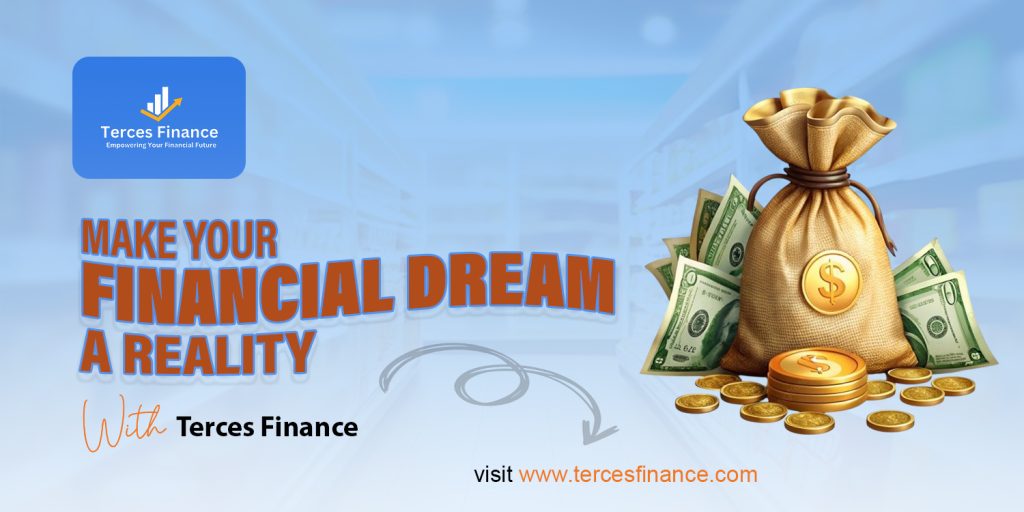Both index funds and ETFs give you low-cost, diversified exposure to markets. ETFs trade like stocks during the day and are often the most tax-efficient choice in taxable accounts. Index mutual funds are easy for automatic investing and small regular contributions. Which is better for you depends on your budget, tax situation, and how you plan to invest. Learn More

Quick takeaways (so you can act fast)
- ETFs trade intraday; index mutual funds are priced at day’s end. Vanguard
- ETFs tend to be very tax-efficient thanks to their structure. Fidelity+1
- Expense ratios have fallen across the board — ETFs are often among the cheapest. ICI+1
- For monthly savers who want autopilot: index funds (or broker fractional shares) are simple. Vanguard
What are index funds?
An index fund is a mutual fund or an ETF that tracks an index (for example, the S&P 500). An index mutual fund pools investor money, then buys the index’s holdings. It is priced once per day — after markets close. Many large fund families offer low-cost index mutual funds, but they sometimes have minimum investments for new accounts. Vanguard
Why beginners like them
- Simple to understand.
- Often set-and-forget friendly.
- Good for automated monthly contributions.

What is an ETF (exchange-traded fund)?
An ETF is a basket of assets that trades on an exchange like a stock. ETFs track indexes, sectors, commodities, or strategies. Because they trade intraday, you can use market orders, limits, stops, and intraday fills. ETFs often have lower expense ratios and can be bought one share at a time (or fractions on some brokerages). Vanguard
Why beginners like them
- Low costs.
- Flexibility to buy or sell any time the market is open.
- Easy to own in taxable accounts for tax advantages.
- The Proven Strategy Behind Smarter, More Confident Financial Planning
- FIRE Movement 101: Can You Really Retire Early?
- How Delaying Your Retirement Savings Can Cost You Big
- Think Your Government Pension Is Enough? Here’s Why It’s Risky
- Retirement Planning: How to Win Big in Your 20s—and Catch Up in Your 40s
Head-to-head: Key differences of index funds & ETFs
| Feature | Index Mutual Fund | ETF |
|---|---|---|
| Trade timing | End-of-day NAV | Intraday market price. Vanguard |
| Minimum investment | Often yes (varies by provider) Vanguard | Usually one share or fractional share (broker dependent) |
| Automatic investing | Easy (built into platforms) | Possible but needs fractional shares or broker support |
| Tax efficiency | Good (index mutual funds) | Generally higher due to in-kind creation/redemption. Fidelity+1 |
| Fees | Low for index funds; varies | Often very low, especially index ETFs. ICI |
Costs: expense ratios, commissions, and spreads (index funds / ETFs)
Costs matter most over time. Expense ratios have dropped dramatically industry-wide. Recent industry data shows average fees for many index ETFs are now exceptionally low. ICI+1
That said, ETFs can incur:
- Broker commissions (rare today with most brokers).
- Bid-ask spread — the difference between buy and sell prices.
- Tracking error (small gaps vs index performance).
Index mutual funds usually avoid spreads and trade costs. But they may have higher minimums or share-class fees depending on the provider. Fidelity
Taxes: why ETFs often win in taxable accounts
ETFs use an in-kind creation/redemption process that helps avoid forced selling inside the fund. That reduces capital gains distributions to shareholders. In short: ETFs often trigger fewer taxable events than mutual funds. Fidelity+1
But: index mutual funds that are passively managed can be nearly as tax-efficient as ETFs. If you plan to hold funds in a tax-advantaged account (IRA, pension), tax differences matter less. Schwab Brokerage
Practical beginner scenarios — which should you choose?
Use these scenarios to pick fast.
- You save small amounts monthly and want autopilot
→ Index mutual fund or ETFs with fractional shares via your broker. Automatic investing and dollar-cost averaging are easiest with mutual funds. Vanguard - You want to trade intraday or build a custom portfolio
→ ETFs let you set limit orders and build baskets quickly. - You care about after-tax returns in a taxable account
→ ETFs are often the better tax choice. Fidelity+1 - You plan to invest through retirement accounts
→ Both work; pick the cheapest share class or ETF and keep costs low. - You want specific niche exposure (small cap, emerging markets, sectors)
→ ETFs often lead in choice and liquidity. Morningstar and other data providers list top low-cost options. Morningstar
How to pick a specific fund (index funds/ETFs)
- Start with the index it tracks. Is it broad or narrow?
- Compare expense ratios. Lower is almost always better for passive indexing. ICI
- Check tracking error (how closely it follows the index).
- Look at liquidity (ETF average daily volume). Higher is better.
- Confirm tax treatment for taxable accounts.
- See if your broker supports automatic contributions or fractional shares. Vanguard
Platform & family notes (practical picks)
Big providers for beginners: Vanguard, Fidelity, Schwab. Each has low-cost index funds and ETFs, helpful tools, and broad coverage. Vanguard and Fidelity are favorites for long-term, buy-and-hold investors; Schwab often offers very low-cost ETFs and brokerage features for DIY investors. Vanguard+2Schwab Brokerage+2
Common beginner mistakes (avoid these)
- Chasing “hot” sector ETFs without a plan.
- Ignoring expense ratios and tax drag. Financial Times
- Trading too much — transaction costs and timing errors add up.
- Forgetting automatic contributions for long-term growth.
Simple 3-step plan for a beginner
- Set your goal (retirement, emergency fund, growth).
- Pick 1–2 broad funds (e.g., total-market index + bond index).
- Automate contributions and rebalance yearly.
Need help picking your first funds? Book a 15-minute fund review with Terces Finance.





